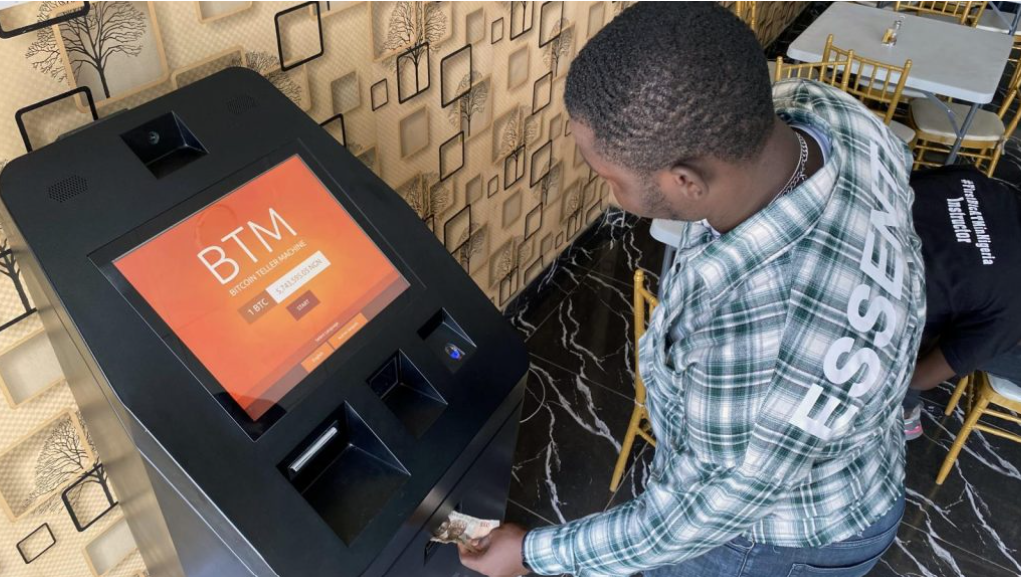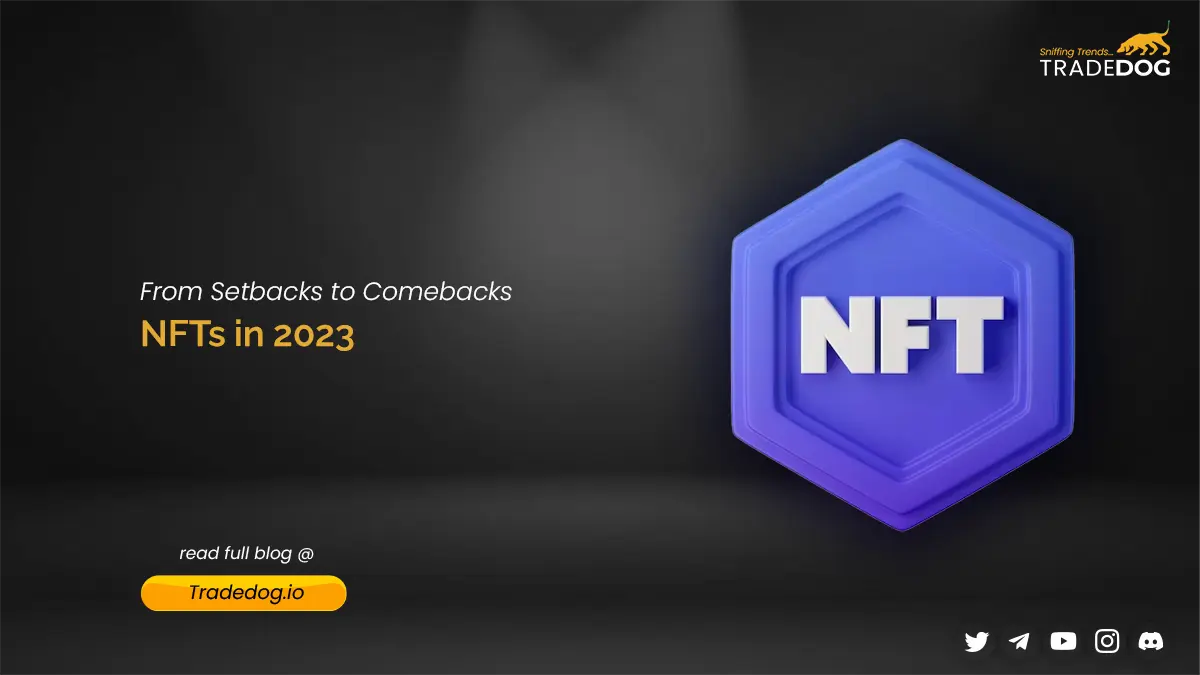Quick Links
In February when the Central Bank of Nigeria (CBN) ordered banks in the country to “identify persons and/or entities” who were carrying out transactions in cryptocurrencies and/or run crypto exchanges and “ensure that such accounts were closed immediately,” a lot of Nigerians using cryptocurrencies panicked. There was a frenzy and Nigerians immediately started to think of ways to get around the ban.
A ban that was issued to stamp out Bitcoin and other cryptocurrencies in Nigeria, made (rather inadvertently) cryptocurrencies more popular instead. The crypto ecosystem in the country discovered peer-to-peer trading and they started sending payments for Cryptocurrencies directly to each other.
Since the bull market started in the later part of 2020 and continued through the first and second quarters of 2021, the volume of dollars in cryptocurrencies received by users in Nigeria has consistently risen. This is According to a stat by blockchain research firm, Chainalysis. Crypto users in Nigeria received $2.4 billion worth of Crypto in May. This is compared with $684 million in December 2020. This staggering growth in numbers has seen the country become second in the world for Bitcoin trading, only behind the United States.
Reasons behind the surge of interest in Crypto in Nigeria
It is worth mentioning that the crypto adoption rate in Nigeria was already in a good place as evidenced by a survey carried out in March by Statista, where 32% of respondents in Nigeria said they used cryptocurrency. In a Chainalysis report on crypto adoption around the world in 2020, the country ranked eighth overall, but when Bitcoin blew up in the nation it was during a protest that caught the attention of the rest of the world.
“EndSARS” Protesters in October 2020 took to the streets to protest against police brutality in the country and some leaders of the protests (members of the Feminist Coalition, FEMCO) had their bank accounts frozen by the central bank and this made them resort to raising funds for the protests in bitcoin. The raise was a huge success as they managed to get about $126,000 in donations. Twitter CEO Jack Dorsey also lent his support by amplifying the efforts of this coalition and giving the EndSARS movement an “official” hashtag for their efforts.
Looking back now, that move by the government of Nigeria to freeze those accounts was one of the reasons Bitcoin’s popularity increased among the younger demographic in Nigeria. The Bitcoin manoeuvre left the government stunned and citizens appreciated the freedom and speed accessing money through crypto afforded them at such an important time.
Another important factor that has appeared to increase the adoption rate of cryptocurrencies in the country has been that which concerns the Economy. The Nigerian government has taken a couple of economical measures that have affected its citizens negatively, and as a way to sidestep these measures, citizens have turned to cryptocurrencies. Take for instance when the Nigerian government suddenly banned access to foreign exchange for companies involved in textile importation in March 2019, a lot of Nigerians were in a fix. “It was a serious crisis. I had to act fast,” Moses Awa, a woven shoe importer, said. Narrating how he turned to his younger brother, Osy, who understood Bitcoin and its trading, he said, “He was just accumulating, accumulating crypto, saying that at some point years down the line it could be a great investment. When the forex ban occurred, he showed me how much I needed it too. I could pay my suppliers in bitcoins if they accepted – and they did.”
There’s also been the issue of devaluation of the local currency —the naira. “Recently, the devaluation of our local currency encouraged people to start saving in crypto assets like Bitcoin and Ethereum”, Udeaja Kingsley, CEO of BiTA crypto startup said. So far this year, the naira has steadily lost value with Nigeria’s inflation at 18%. As one of the fallouts, the U.S dollar has been hard to get in Nigeria, so a lot of people have turned to Crypto assets to serve as proxies for the dollar. This has allowed people to hedge against the inflation of the naira.
Because of the economy of Nigeria slowing down recently (Covid etc), many young Nigerians have begun to see Bitcoin and other cryptocurrencies and their applications as opportunities to make money for themselves. “A lot of people are taking advantage of the Decentralized Finance (DeFi) industry right now. It’s giving equal financial opportunities for all, irrespective of nationality or whatsoever”, says Keith Mali Chung, president, and Co-founder of Loopblock Network, an African blockchain firm. “A lot of people are jumping into different yield farming programs. I know several people who got DeFi loans to run their businesses,” he added.
The CBN to launch its digital currency
After seeing their efforts to ban the booming industry of cryptocurrencies in Nigeria fail, the central bank on July 27th, through its governor, Godwin Emefiele announced the country’s plans to launch its cryptocurrency called the “e-naira”, in October. In what is a sharp departure from its initial stance on digital currencies, the apex Bank set October 1 (Nigeria’s independence day) as the date for the launch.
During a Webinar, the CBN’s Director of I.T, Rakiya Mohamed disclosed that there has been researching on its digital currency being conducted by the bank since 2017. Rakiya disclosed that the project, tagged “Project GIANT” would be using the Hyperledger Fabric Blockchain.
Final Thoughts
The young people of Nigeria have seen the country go from trying to prevent them from using digital currencies to looking at launching one themselves. This is a major win for crypto enthusiasts in Nigeria and the world at large because if a central bank of a nation as huge and as important in the crypto space like Nigeria are looking at adopting cryptocurrencies (with a date already set for a launch), then other central banks wouldn’t be too far behind in the race to adopt cryptocurrencies.
Some easy examples are the European Central Bank whose president, Christine Lagarde is already leading a campaign for a digital Euro. Another example is the Tanzanian Central Bank already looking at how to adopt crypto and blockchain technology after being directed in those lines by its president, Samia Suluhu Hassan.













